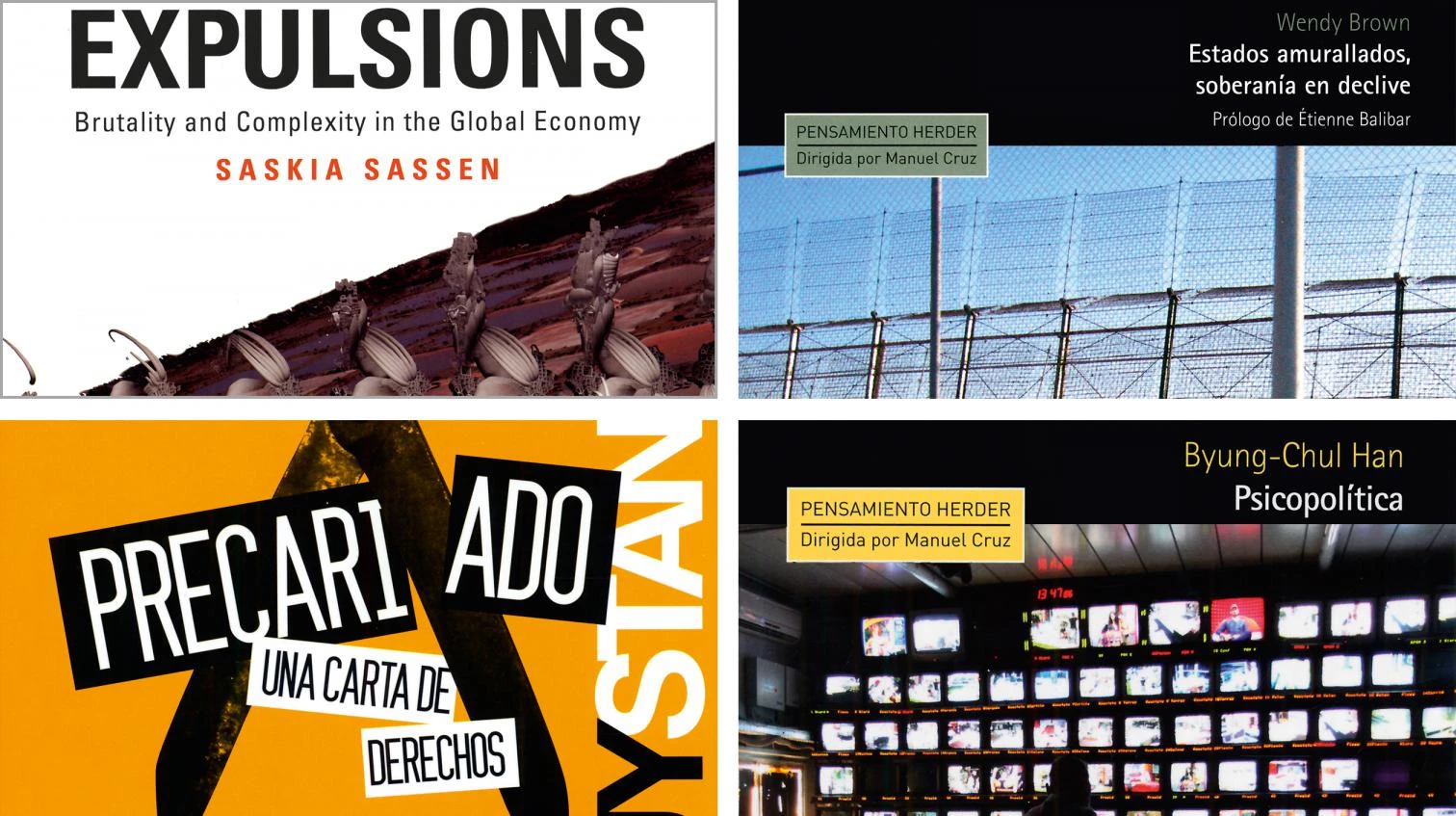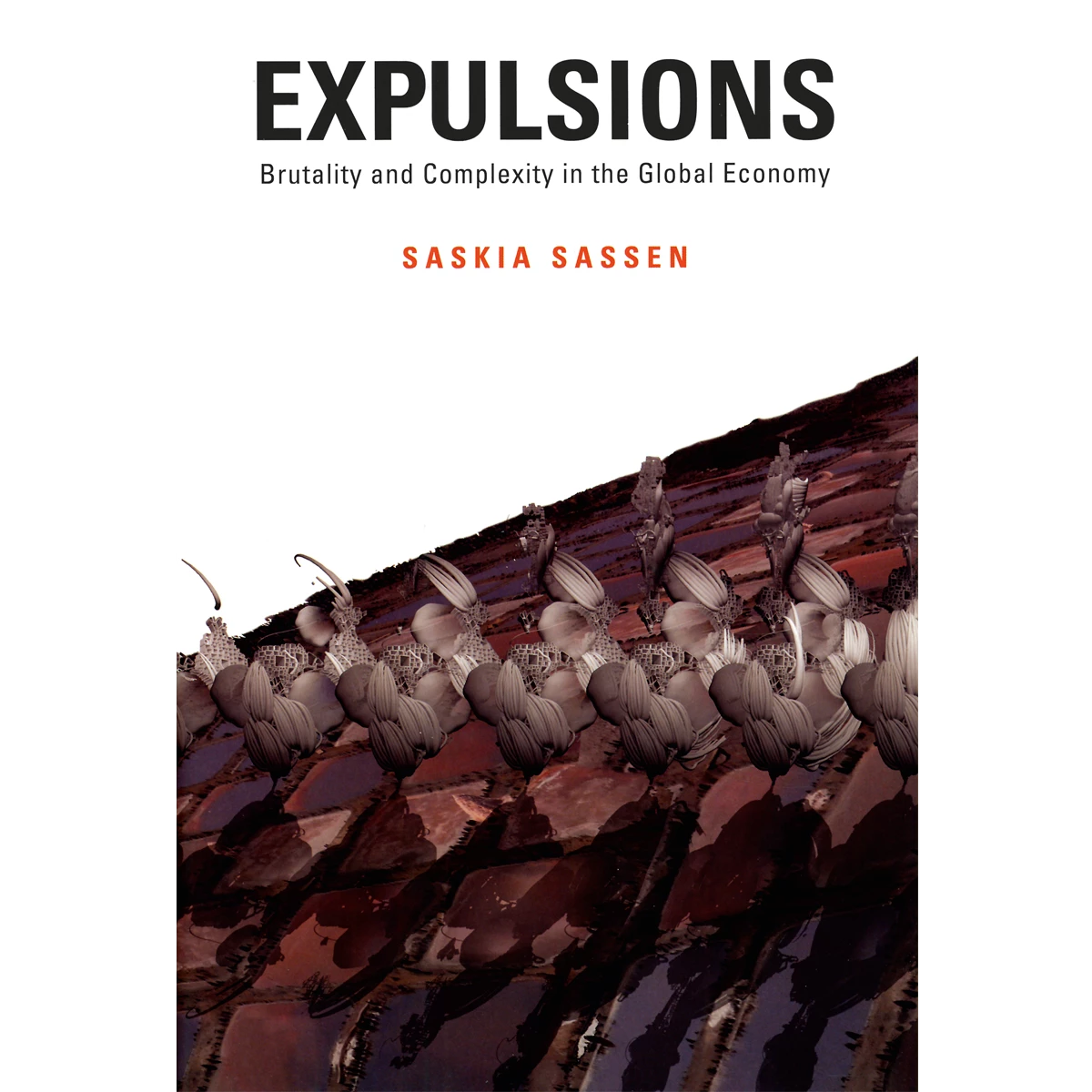
Four recent works chart the political economy of globalization and the spaces of control and conflict in the contemporary world. A sociologist and a political scientist writing from Columbia and Berkeley and an economist and a philosopher doing so from London and Berlin mark out the territory of the debate with four lucid and combative works.
Saskia Sassen addresses ‘the new logic of expulsion,’ a feature which for her defines the global capitalism of the last two decades better than inequality: the expulsion of workers and the unemployed from social subsidies and health coverage, of families from homes through evictions, and of farmers from lands acquired by foreign countries, and even the expulsion of life by fracking. An impassioned story supported by data, but which falls short of its theoretical ambitions, incapable of stringing together what unites such heteroclite episodes.
More convincing is the book by Wendy Brown, who explores the planetary proliferation of walls – from Israel to the US – a quarter-century after the fall of the Berlin Wall, and comes to the conclusion that their importance lies less in their efficiency, which is dubious, than in their ostentatious visibility, which theatricalizes the declining sovereignty of today’s nation-states. Indebted to the thinking of Schmitt and Foucault, the work is an exemplary contribution to the debate on the new ‘world order.’
As Guy Standing sees it, this new order has created a social class which, denied all manner of rights and characterized by insecurity, he calls the ‘precariat.’ If civil rights were an achievement of the 17th century, cultural rights of the18th, political rights of the 19th, and social rights of the 20th, Standing holds that economic rights should be the achievement of the 21st, and to this end he writes a Precariat Charter, which could be the seed of a new social contract.
Also critical with the techniques of power of neoliberal capitalism is Byung-Chul Han, who here explains how psychopolitics has replaced oppressive power with seductive power, a system where those subjected are unaware of their subjection, believing themselves free. Spectators’ democracy and digital devotion have created ‘the capitalism of the I Like,’ and hypercommunication has spawned a Big Brother who is Big Data, to which the only possible resistance is that of the unconnected, uninformed ‘fool.’









